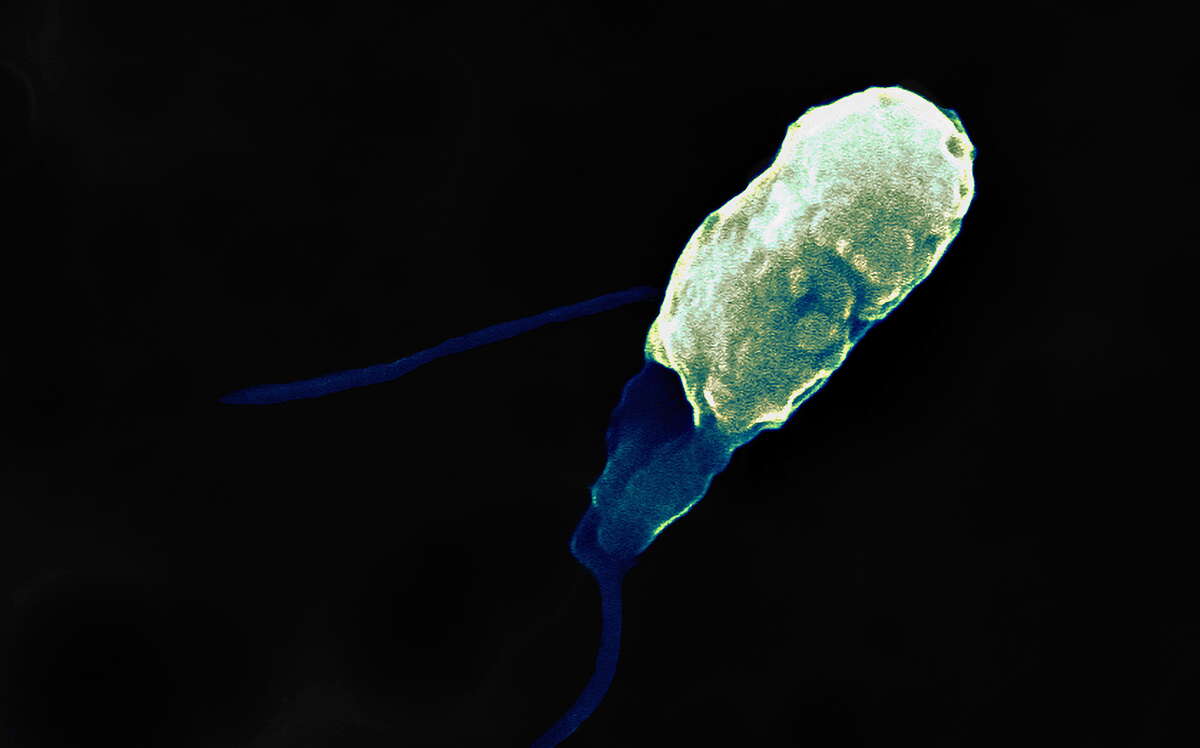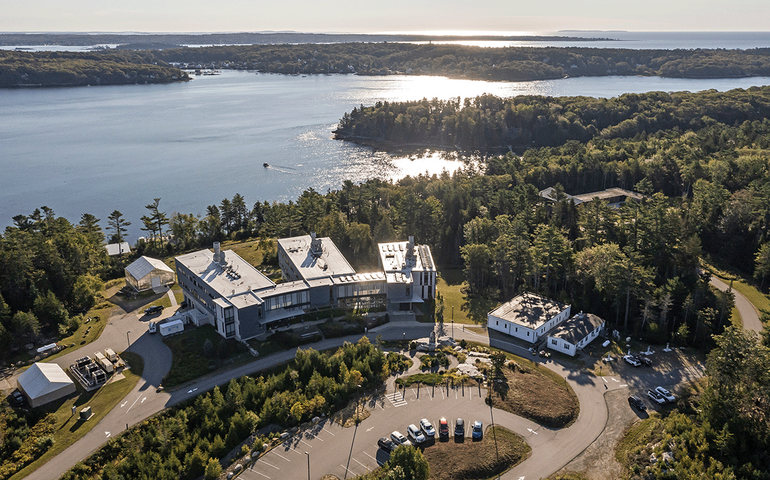
Processing Your Payment
Please do not leave this page until complete. This can take a few moments.
- News
-
Editions
-
- Lists
-
Viewpoints
-
Our Events
-
Event Info
- Women's Leadership Forum 2025
- On the Road with Mainebiz in Bethel
- Health Care Forum 2025
- On The Road with Mainebiz in Greenville
- On The Road with Mainebiz in Waterville
- Small Business Forum 2025
- Outstanding Women in Business Reception 2025
- On The Road with Mainebiz in Bath
- 60 Ideas in 60 Minutes Portland 2025
- 40 Under 40 Awards Reception 2025
- On The Road with Mainebiz in Lewiston / Auburn
- 60 Ideas in 60 Minutes Bangor 2025
Award Honorees
- 2025 Business Leaders of the Year
- 2024 Women to Watch Honorees
- 2024 Business Leaders of the Year
- 2023 NextUp: 40 Under 40 Honorees
- 2023 Women to Watch Honorees
- 2023 Business Leaders of the Year
- 2022 NextUp: 40 Under 40 Honorees
- 2022 Women to Watch Honorees
- 2022 Business Leaders of the Year
-
-
Calendar
-
Biz Marketplace
- News
- Editions
- Lists
- Viewpoints
-
Our Events
Event Info
- View all Events
- Women's Leadership Forum 2025
- On the Road with Mainebiz in Bethel
- Health Care Forum 2025
- On The Road with Mainebiz in Greenville
- On The Road with Mainebiz in Waterville
- + More
Award Honorees
- 2025 Business Leaders of the Year
- 2024 Women to Watch Honorees
- 2024 Business Leaders of the Year
- 2023 NextUp: 40 Under 40 Honorees
- 2023 Women to Watch Honorees
- 2023 Business Leaders of the Year
- + More
- 2022 NextUp: 40 Under 40 Honorees
- 2022 Women to Watch Honorees
- 2022 Business Leaders of the Year
- Nomination Forms
- Calendar
- Biz Marketplace
From food to flip-flops, Bigelow Lab’s $7M collaboration will study uses for sea algae
 Photo / Courtesy, Yoon S. Byun
Bigelow Laboratory in East Boothbay is leading a collaboration on the study of algae.
Photo / Courtesy, Yoon S. Byun
Bigelow Laboratory in East Boothbay is leading a collaboration on the study of algae.
Algae found in the sea can be used to make products as diverse as food, personal care items and flip-flops.
To explore those uses, the Bigelow Laboratory for Ocean Sciences will use a $7 million federal award to build the Maine Algal Research Infrastructure and Accelerator. The collaboration will pursue algae innovation in the agricultural, aquaculture and pharmaceutical industries.
The laboratory, in East Boothbay, received the funding to assist with building infrastructure designed to streamline research into macroalgae and microalgae.
Macroalgae refers to the thousands of species of seaweed found in the world’s oceans. Microalgae, also called phytoplankton, are single-celled organisms.
The money was awarded through the National Science Foundation and will be distributed over four years, according to a news release.
“Not only will this research help drive new approaches to commercial algae use, but it will also open the door to workforce opportunities between local farmers, algal companies and our premier research institutions,” said U.S. Sens. Susan Collins, R-Maine, and Angus King, I-Maine, who jointly announced the award Wednesday.
Collaborating with Bigelow Laboratory on the research are Mount Desert Island Biological Laboratory, the University of New England, Colby College, Southern Maine Community College, Maine Center for Entrepreneurs, Gulf of Maine Ventures and the Maine Technology Institute.

Because algae take up greenhouse gases, using them to create diverse products is closer to carbon-neutral than traditional manufacturing processes and therefore helps to combat climate change, according to Bigelow’s funding application.
Algae-based products and services are part of a rapidly expanding “blue economy” that “can provide opportunities for creating socially-conscious start-up businesses,” the lab said.
“A fundamental challenge to advancing algae in the blue economy is identifying how to connect and support continuing interactions between research institutions, business training/creation entities and institutions of higher learning.”
The challenge is particularly tough in Maine where those entities are spread over a large, sparsely populated and aging state.
The Maine Algal Research Infrastructure and Accelerator project aims to strengthen the capabilities of algae-related research infrastructure in Maine. Through collaborations, the project will work to enhance science and entrepreneurial training, and workforce development programs offered by the University of New England, Colby College and Southern Maine Community College.
The project builds on Bigelow’s existing National Center for Marine Algae and Microbiota, which houses a marine algae collection, and the lab’s Center for Algal Innovations, which was created to help bridge the gap between algae research and commercialization, according to the lab’s website.
Bigelow’s National Center for Marine Algae has been a public algae resource since 1981.
The collaborations will include development of new programs focused on algae biology, use of algae in biotechnology and support of hands-on internship opportunities. The work will also include developing a framework to connect the resources of the Maine Center for Entrepreneurs, Gulf of Maine Ventures and the Maine Technology Institute with students, researchers and entrepreneurs.
The project will provide new research infrastructure such as instruments that allow researchers to examine individual algal cells, with the goal of providing detailed data to help streamline the exploration of algae's commercial potential.
The project comes as the lab is building a $30 million, 25,000-square-foot Center for Ocean Education and Innovation to advance its education and "solutions-focused" work with teaching labs and research facilities.













0 Comments